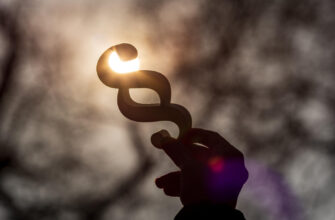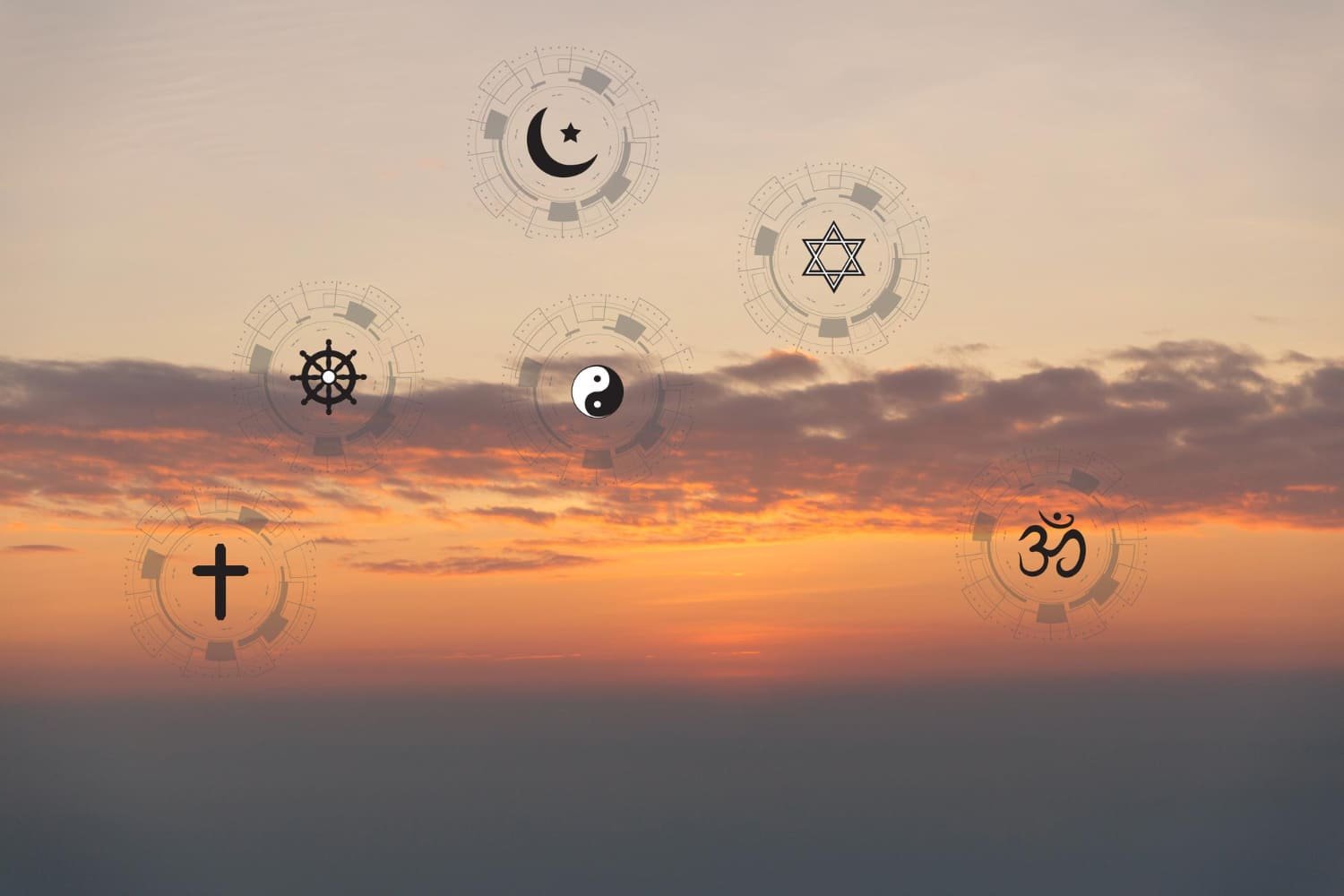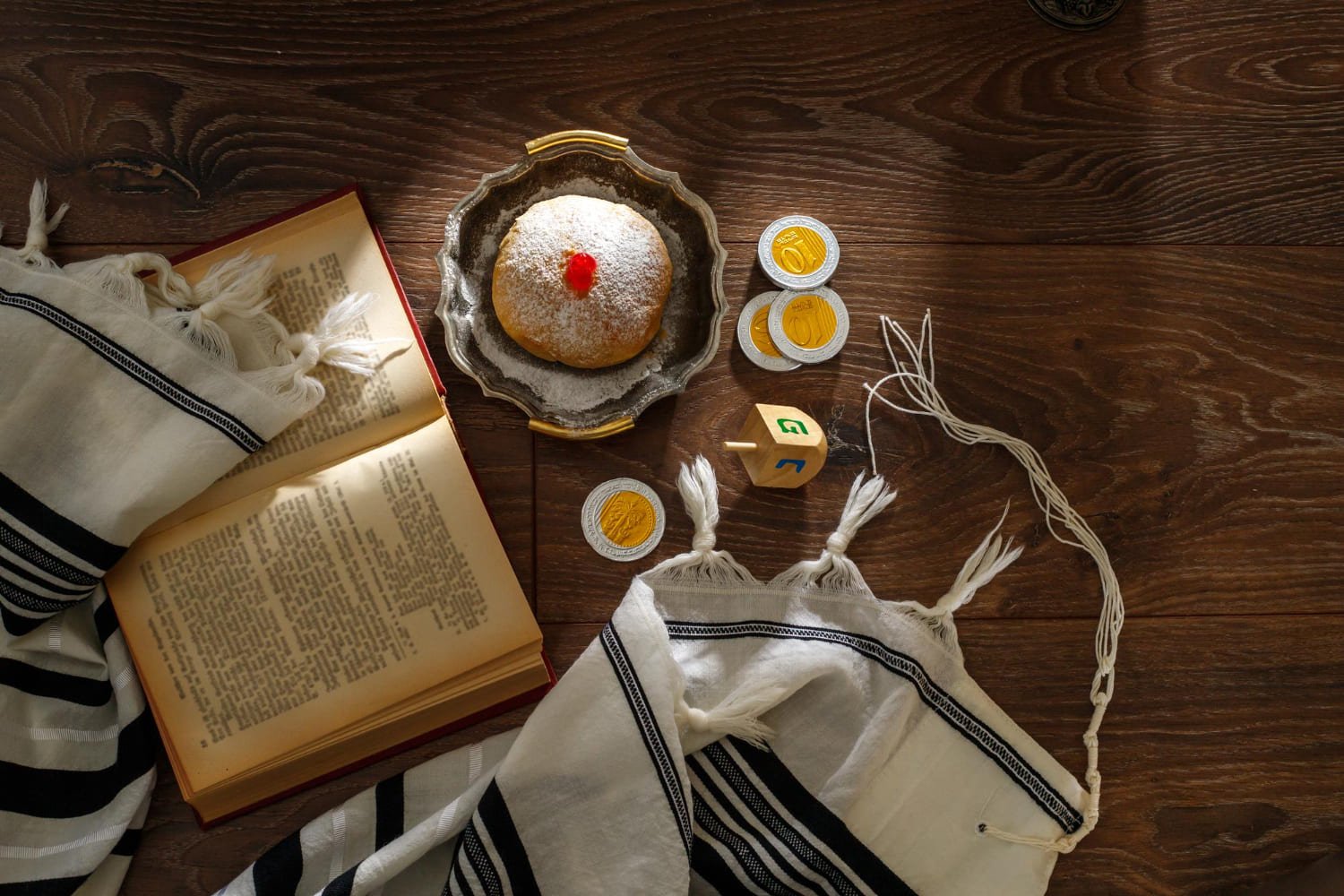Catholicism and Hinduism are two of the world’s oldest and most widespread religions. Each has its own unique set of beliefs, practices, and traditions that have evolved over thousands of years.
While they share some similarities, such as a belief in a higher power and a moral code of conduct, there are also significant differences between the two.
One of the most significant differences between Catholicism and Hinduism is their concept of God. Catholics believe in one God who is three persons: the Father, the Son, and the Holy Spirit.
In contrast, Hinduism has many gods and goddesses who are worshipped in various forms and manifestations. Hindus also believe in reincarnation, while Catholics believe in an afterlife in either heaven or hell.
Another difference between the two religions is their approach to salvation. Catholics believe that salvation is achieved through faith in Jesus Christ and living a good life according to his teachings.
Hinduism, on the other hand, teaches that salvation can be achieved through various paths, or yogas, including karma yoga (the path of action), bhakti yoga (the path of devotion), and jnana yoga (the path of knowledge).
Beliefs and Practices of Catholicism
Catholicism is a branch of Christianity that is based on the teachings of Jesus Christ. Catholics believe in the Holy Trinity, which is the belief that there is one God in three persons: the Father, the Son (Jesus Christ), and the Holy Spirit. They also believe in the Bible as the word of God and the source of spiritual guidance.
One of the most important practices in Catholicism is the sacraments. Catholics believe that the sacraments are sacred rituals that were instituted by Jesus Christ to bring people closer to God.
There are seven sacraments, including baptism, confirmation, Eucharist, penance, anointing of the sick, holy orders, and matrimony.
Catholics also place a great deal of importance on the Virgin Mary and the saints. They believe that Mary was the mother of Jesus Christ and that she is a powerful intercessor with God. Catholics also believe that the saints are holy men and women who have lived exemplary lives and are worthy of veneration and prayer.
The Catholic Church is led by the Pope, who is considered to be the spiritual leader of all Catholics. The Pope is believed to be the successor of Saint Peter, who was one of the twelve apostles of Jesus Christ.
Catholics also believe in the concept of purgatory, which is a place or state of purification where souls go after death to be cleansed of their sins before entering heaven.
Beliefs and Practices of Hinduism
Hinduism is a diverse and complex religion with a rich history and many different beliefs and practices. One of the most important aspects of Hinduism is the belief in reincarnation, which holds that the soul is reborn after death into a new body.
This cycle of birth, death, and rebirth is known as samsara, and the ultimate goal of Hinduism is to break free from this cycle and achieve moksha, or liberation from the material world.
Another central belief in Hinduism is the idea of karma, which holds that a person’s actions in this life will determine their fate in the next. Good deeds will be rewarded with a better rebirth, while bad deeds will result in a lower rebirth.
This belief in karma is closely tied to the caste system, which divides society into different social classes based on birth and occupation. Hinduism also encompasses a wide range of gods and goddesses, with the most important being Brahma, Vishnu, and Shiva.
These three deities represent creation, preservation, and destruction, respectively, and are often depicted in art and literature.
In terms of practices, Hinduism includes a variety of rituals and ceremonies, such as puja (worship), yoga, and meditation. Many Hindus also engage in pilgrimage to holy sites, such as the Ganges River or the city of Varanasi.
Overall, Hinduism is a complex and multifaceted religion with a rich history and many different beliefs and practices. While it may not be for everyone, it continues to be an important part of the spiritual and cultural landscape of India and beyond.
Comparison of Catholicism and Hinduism
Catholicism and Hinduism are two of the world’s oldest and most widely practiced religions. While they share some similarities, there are also significant differences between the two.
This section will compare and contrast the two religions in terms of their beliefs, practices, and values.
Beliefs: One of the key differences between Catholicism and Hinduism is their beliefs about God. Catholics believe in one God who is three persons: the Father, the Son, and the Holy Spirit. Hindus, on the other hand, believe in a pantheon of gods and goddesses, with many different forms and manifestations of the divine.
Practices: The practices of Catholicism and Hinduism also differ significantly. Catholics attend mass on Sundays, participate in the sacraments, and pray the Rosary. Hindus participate in puja, which involves offerings and prayers to various deities, and practice yoga and meditation to connect with the divine.
Values: Catholicism and Hinduism also have different values and priorities. Catholics place a strong emphasis on social justice and helping the poor and marginalized, while Hindus prioritize the pursuit of enlightenment and liberation from the cycle of reincarnation.
Overall, while there are some similarities between Catholicism and Hinduism, the two religions have significant differences in their beliefs, practices, and values. Ultimately, which one is “better” depends on individual beliefs and perspectives.
Which One Is Better?
It is impossible to objectively determine which religion is better as it depends on individual beliefs and values. Both Catholicism and Hinduism have their own unique strengths and weaknesses, and it is up to the individual to decide which one aligns more closely with their personal beliefs.
For those who value a strong sense of community and tradition, Catholicism may be the better choice. The Catholic Church has a long history and provides a sense of stability and continuity for its followers.
It also has a well-defined hierarchy and structure, which can be comforting for those seeking guidance and direction.
On the other hand, those who value individual freedom and a more flexible approach to spirituality may find Hinduism more appealing.
Hinduism allows for a wide range of beliefs and practices, and encourages individuals to find their own path to enlightenment. It also has a rich philosophical tradition, with concepts such as karma and dharma providing a framework for understanding the world.
Ultimately, the decision of which religion is better comes down to personal preference and individual beliefs. It is important to approach the decision with an open mind and a willingness to explore different perspectives and ideas.







